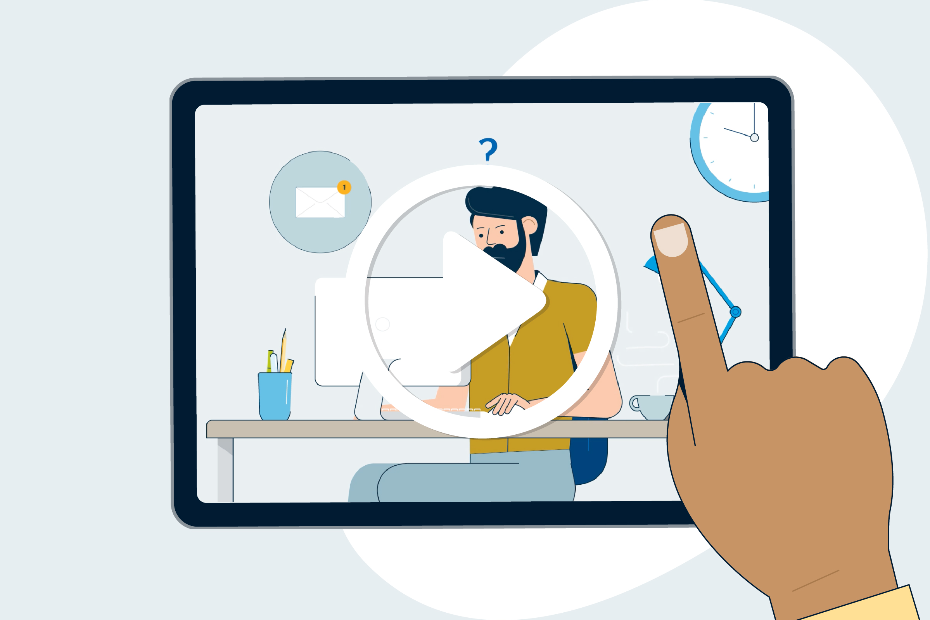The current COVID-19 crisis has brought on a whirlwind of unexpected situations and you may be feeling anxious from all the unexpected changes. If you are feeling stressed out about your money situation, now is a good time to develop or revisit your budget. It doesn’t matter how much or how little you have. Your income or job situation may have changed recently, but there’s no need to panic.
The term “budget” may seem scary but it is simply a spending plan to help you stay in control of your money. A budget’s job is to help you understand and organize how much money you have coming in and going out. Following a budget can help you prioritize saving your funds for what’s important and avoid spending money that you don’t have. Start by understanding your baseline budget with these 5 tips:
#1 – Review Your Monthly Cash Inflows
It is important to get an accurate understanding of how much money you have coming in each month. Be sure to reference the post-tax amount that is actually coming into your account, and consider any changes you might expect in future months if your job situation changes.
#2 – Explore Financial Assistance Programs to Replace Lost Income
If your employment plans or income have been impacted by the COVID-19 pandemic, you may be eligible for federal or provincial financial relief programs like the Canada Emergency Relief Benefit (CERB) or the Canada Student Emergency Benefit (CESB) – learn more about the government assistance programs for youth and students.
#3 – Don’t Forget About Taxes
Some of the government relief program benefits are taxable, for example, each $2,000 CERB payment is subject to taxes. What does this mean? You will be expected to report it as income when you file your taxes for the 2020 tax year. If there is wiggle room in your budget, you may want to set aside some of this money for taxes that you may owe when you file.
If you are a freelancer or part of the gig-economy, budgeting for taxes owed is also something you should keep in mind.
#4 – Review Your Expenses
Take a look at your spending and sort each transaction into a category to get a better understanding of how you’re spending your money. Start by determining whether your expenses are necessities or discretionary items. Necessities include items like rent, insurance, or tuition payments. Discretionary spending can include fun items like subscription boxes, new clothes, or takeout. Your monthly income minus your monthly necessities is your baseline budget. Your goal is a balanced budget, which means trying to make sure that money coming in is greater than money going out.
Using an AI tool like NOMI (available within the RBC Mobile1 app) can give you relevant insights to help you stay on top of your day-to-day and longer term finances or find opportunities to save.
#5 – Stay Focused
Revisit your budget often. A good practice is to check to see if you’re on track weekly or monthly, this will help you understand if you need to change your habits for the next month. Try setting up a reoccurring alert on your phone to ensure that you are reviewing your budget regularly.
Good financial habits start with understanding your income, your spending, and your budget. Careful planning and monitoring of your budget now will help you feel more in control of your money and ready for the next unexpected curveball thrown your way.
1 RBC Mobile is operated by Royal Bank of Canada, RBC Direct Investing Inc. and RBC Dominion Securities Inc. RBC Mobile Student Edition is intended for clients under the age of 22, visit rbc.com/rbcmobilestudent for details. RBC Canada, RBC Wallet, RBC Rewards and RBC eGift are operated by Royal Bank of Canada.
This article is intended as general information only and is not to be relied upon as constituting legal, financial or other professional advice. A professional advisor should be consulted regarding your specific situation. Information presented is believed to be factual and up-to-date but we do not guarantee its accuracy and it should not be regarded as a complete analysis of the subjects discussed. All expressions of opinion reflect the judgment of the authors as of the date of publication and are subject to change. No endorsement of any third parties or their advice, opinions, information, products or services is expressly given or implied by Royal Bank of Canada or any of its affiliates.



















